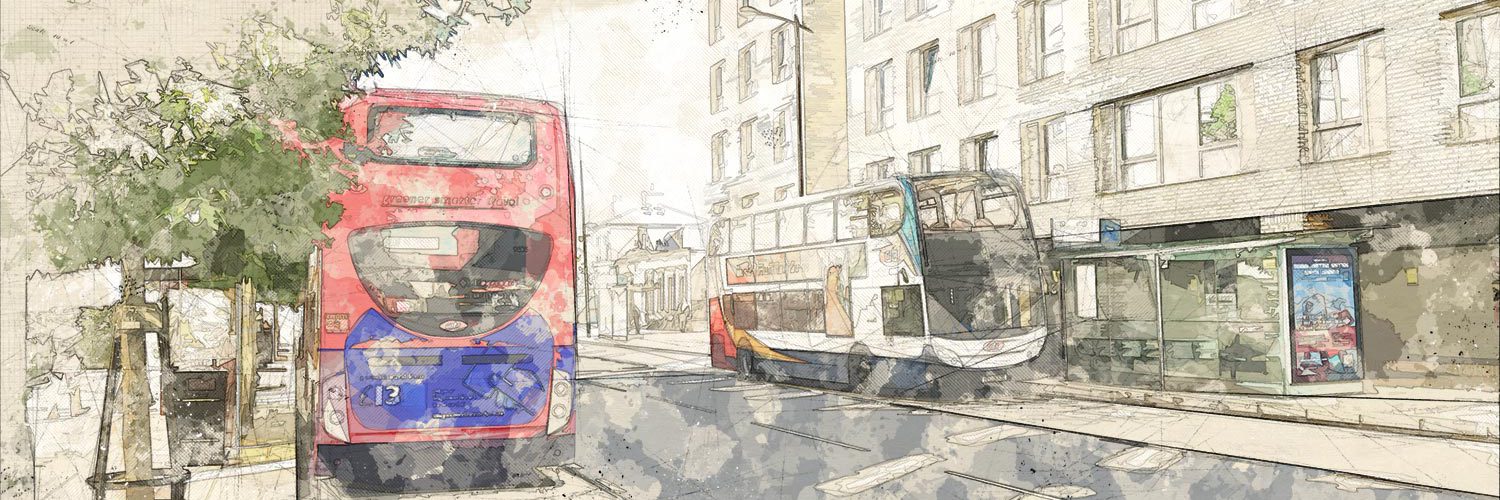In almost five years, the Greater Cambridge City Deal and Combined Authority have spent £40m+ on transport projects, yet what is there to show for it? A few miles of cycle path, but mostly stacks of reports of middling to poor quality. So where does it all go wrong?
Byzantine political and governance structures, unrealistic demands on lay councillors, and a lack of skills to communicate and engage widely with the public on complex, technical, and emotionally-charged issues, are all partly to blame.
But perhaps the biggest problem stems from an accounting practice that makes a hard distinction between capital and operating expenditure. Capital buys a one-off product or service, e.g. a bridge or a transport study. Operating expenditure buys an ongoing service, e.g. someone’s salary or cyclical road maintenance.
Local government has access to hundreds of millions of pounds for capital projects, but is desperately short of revenue to fund operating expenditure. Yet what needs investment most urgently comes out of the operating, not capital budget: repairing roads, pavements and cycleways, including trimming back vegetation; lighting rural pathways; subsidising socially desirable bus services and fares; co-ordinating bus services for schools; providing information and personalised advice about transport options; offering financial assistance for season tickets or buying an e-bike; etc.
Capital investment is not inherently better: it’s slow, risky, has a finite life, and has to be paid for over many years (with future taxes); it almost always comes with additional (often unbudgeted) operating costs. Operating investment can often yield a higher benefit-to-cost ratio immediately – which should appeal to politicians.
Building a £100m busway, incurring £1m/year in maintenance expenses, costs roughly £3.4m/year for 40 years (assuming 2% inflation and interest) – before a single bus runs on it. That same money could run 25 buses from 6am to 11pm every day of the week, carrying in the order of 11 million passenger-journeys a year – fare free! (In practice this would require a franchise contract.)
Can central government please set up mechanisms to make long-term revenue grants, based on sound business cases and cost-benefit analyses, separate accounting and annual performance reviews?
This article was first published in the Cambridge Independent on 9 January 2019.



I’ve had a few jobs where I’ve had significant control over purchasing expensive equipment which will be in use for quite a few years.
At the time of purchase I’ve negotiated the cost of additional years maintenance at a discount, made easier since I had all the financial leverage before the purchase was actually signed and paid for, and saved the headache of having to renew maintenance contracts for a number of years.
Why is the government, including local authorities, so bad at negotiating services, so that they commit the tax payer to horrendous ongoing maintenance costs, usually coming in with significant project over-runs and over-budget?!
Surely if the capital contract was awarded so as to supply the facility with maintenance for X years, then some of this mess could be avoided?
If we took a properly risk-based approach to Scenario Planning I think this would help highlight the dangers of a capital-led emphasis on major schemes.
If we admit the uncertainty we have about the future, then it follows that flexible options which allow us to adjust the strategy are more sensible.
Careful planning and monitoring is a must, as is honestly assessing whether the favoured scheme may fail to deliver in certain scenarios. Revenue led schemes don’t have that downside, but conversely might not deliver major change.
Two things which will always deliver value though: look to reduce the cost to the traveller of sustainable options, and give the local authority the means to employ staff with time and skills to think about this stuff.